
Above: Abbigail Ajim. Photo courtesy the author.
BitDepth#1461 for June 03, 2024
Earlier this year, former SBCS lecturer in media Abbigail Ajim successfully defended her thesis for a doctorate in philosophy at the University of Leicester.
The subject? The mediatization of local policing, an 80,000 word analysis of how the TT Police Service (TTPS) first engaged, then wholeheartedly embraced telling its own story.
Ajim shared the key findings from her thesis for review.
From the perspective of the senior leadership of the police service under CoP James Philbert in 2009, the enhancement of the TTPS Corporate Communications Unit (CCU) was an opportunity to change the pervasive narrative of a police service overwhelmed by rising crime and the ensuing negative publicity that dogged it.
The mediatization of the TTPS began, in Ajim’s thesis, after Crime Watch, an independent crime reporting show, managed to win approval from Philbert to accompany officers and feature them speaking on behalf of the service.
The resulting productions, Ajim wrote, “lifted the veil of secrecy around policing activities through the seductive use of actuality or “real” footage which can be mistaken for cinema-verité because of its lack of a script or paid actors.”
In these airings of police activities, she notes, “[officers] use violence and dispense the law fairly, swiftly and competently.”
This mutually beneficial relationship crashed into the wall of politics when host Ian Alleyne contested a political seat in October 2013.
CoP Dwayne Gibbs did not approve a proposed replacement, so it wasn’t until 2014, under the second term of CoP Stephen Williams, that Beyond the Tape was launched.
This new programme benefited from the experience of Inspector Alexander, who would be a presence on the show until February, when current CoP Erla Harewood-Christopher, expressing concerns about the show, removed him as co-host.
But over this period, after almost fifteen years of continuous broadcasting of police-managed information about crime, the TTPS had acquired an awareness of the power of media, broadcasting and widespread communication.
Ajim notes that the human resources by 2023 (31 officers and eight civilians) allocated to the TTPS’ CCU rivalled or exceeded the personnel at many local television stations, multimedia broadcasting houses and corporate communications departments in the private and public sectors.
Exclusive of salaries, the TTPS CCU has an estimated budget of just TT$1 million, which has largely been possible because it commands free airtime, provides stories to traditional media and has amassed a significant following on social media.
The TTPS also established its own audiovisual unit (AVU) in 2016 under Stephen Williams, following early efforts under Hilton Guy.
When I first came to the AVU, I came as a Sound Engineer. I didn’t know what to expect. I was totally surprised to walk in and see the room set up like TTT and there were police officers working there.
– AVU Technician in an interview
This unit, which produces TTPS directed video clips for distribution in media and online portals is also responsible for Code 727, a film which sought to bring a laudatory light on the work of the TTPS during the 1990 coup attempt.
The film has enjoyed very specific, targeted releases. I have my own recollections of working as a journalist during 1990 and I’m curious about the perspectives in this largely undiscovered story of courage under fire.
In 2018, the TTPS amplified its outreach with officers operating as Media Ambassadors. Ten to fifteen officers at the rank of Sergeant were trained to appear on radio and television to speak on behalf of the TTPS.
Just two decades before, the only statements from the service were either delivered by or on behalf of the CoP, so this constituted another evolutionary change in police communications.
The Media Ambassador role was desirable for officers not just for exposure, but for the grooming for advancement it appeared to represent.
One ambassador interviewed by Ajim explained that, “The role of the Ambassador takes priority, except you have to go to court or something else that is more pressing.”
“Wherever you are working, you are allowed the time to prepare for it. Sometimes, depending on how your workload is, it can be overwhelming.”
As Ajim notes, when a Media Ambassador goes live, they are serving police and media goals simultaneously, entertaining an audience, engaging with callers and advancing the messaging of the TTPS during their media spotlight.
Ajim notes that these expanding roles seem to create an imbalance in the journalism process.
Hosts and presumably reporters identified as difficult by either being combative or unwilling to stick to TTPS talking points will talk to officers instructed to fall back to strict readings of the law.
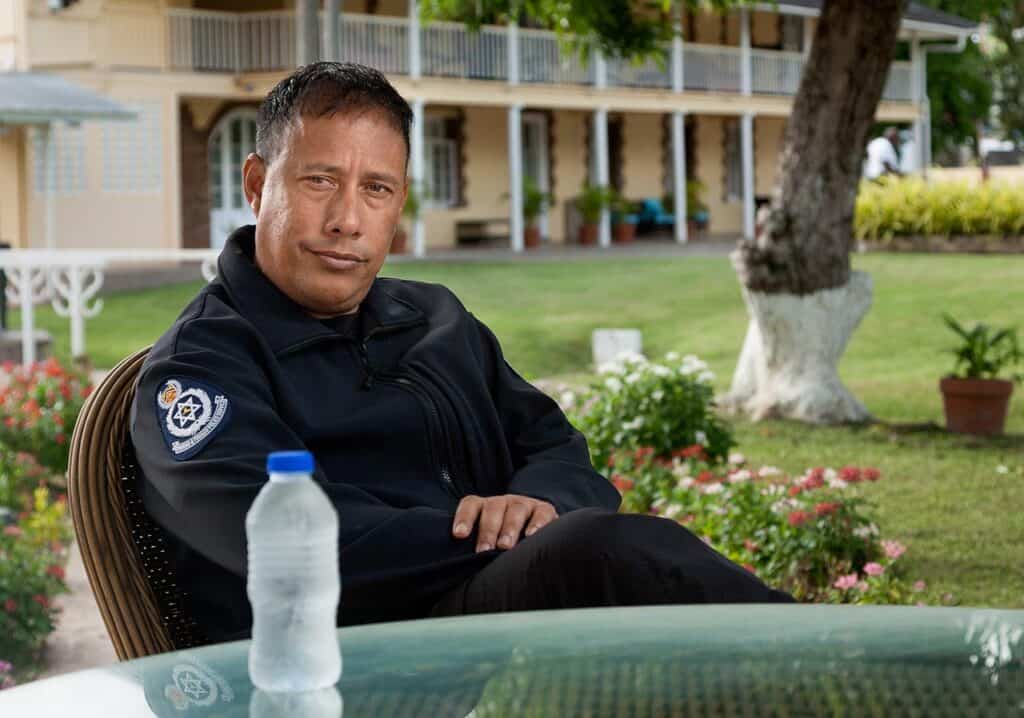
The work of the AVU would be amplified under former CoP Gary Griffith, who authorised an increase in the unit from four officers to 23 and emphasised direct engagement with the public using social media, with an emphasis on Facebook.
One member of the unit told Ajim of Griffith, “Our work doubled or moreso tripled because he would have been requesting many different things. His impact was…how Trinidadians would say it? He ran the engine hot!”
In this environment of content generation, the TTPS was not just a subject of news interest, it had evolved into an efficient and engaged generator of news on its own.
“We try to give the media something that is readily consumable,” a member of the CCU told Ajim.
“If they can take our media release and read it verbatim on air or they can copy and paste it into the layout of their newspaper, that is what we want. We don’t want where they have to fight to find the information or rewrite it in any way.
Responding to a question about this, Ajim responded with her own questions. “This practice raises a huge ethical and professional dilemma for the news media,” she wrote.
“Do these press releases posted on Facebook make crime reporting redundant? How should these press releases be used [by media houses]? Can they be used in tandem with active crime reporting and their content explicitly marked as being police generated?
“There is the role of eyewitnesses in these renderings of crime events. The police are under no obligation to speak with witnesses, but crime reporters are. This practice has the effect of silencing witnesses in the telling of crime events.”
“How is the country’s deteriorating crime situation impacting crime reporting, specifically the ability of journalists to go into crime hot spots? What does this mean in a country such as Trinidad and Tobago which has a police service with a very chequered history and high frequency of police-involved killings?”
Over the course of two decades, the TTPS has legitimately sought to tell its version of the crime story, but in a case of hopefully unintended consequences, it has also dramatically weakened the case for independent, expensive investigations of crime that proceed without police sanction.
Ajim does not believe that local media are complicit in this undermining of their role.
Responding to emailed questions, she noted that, “Their watchdog role has been undermined by a series of unfortunate events, including a declining news industry, dwindling human and material resources. They are under-resourced, whereas the police are well-resourced.”
“The rise of social media provides non-media institutions such as the TTPS with free, direct access to large audiences. The police have always maintained an upstream advantage/monopoly on crime and policing news.”
“Now with social media, this historical advantage has been magnified to the point where police departments like the TTPS bypass the news media entirely to break crime and policing news on their social media pages.”
Abbigail Ajim, PhD, lectures at China’s Wenzhou-Kean University. Her monograph, The Police Use of Social Media: A Global South Perspective will be published in 2025. The key findings from her thesis are at the University of Leicester website.








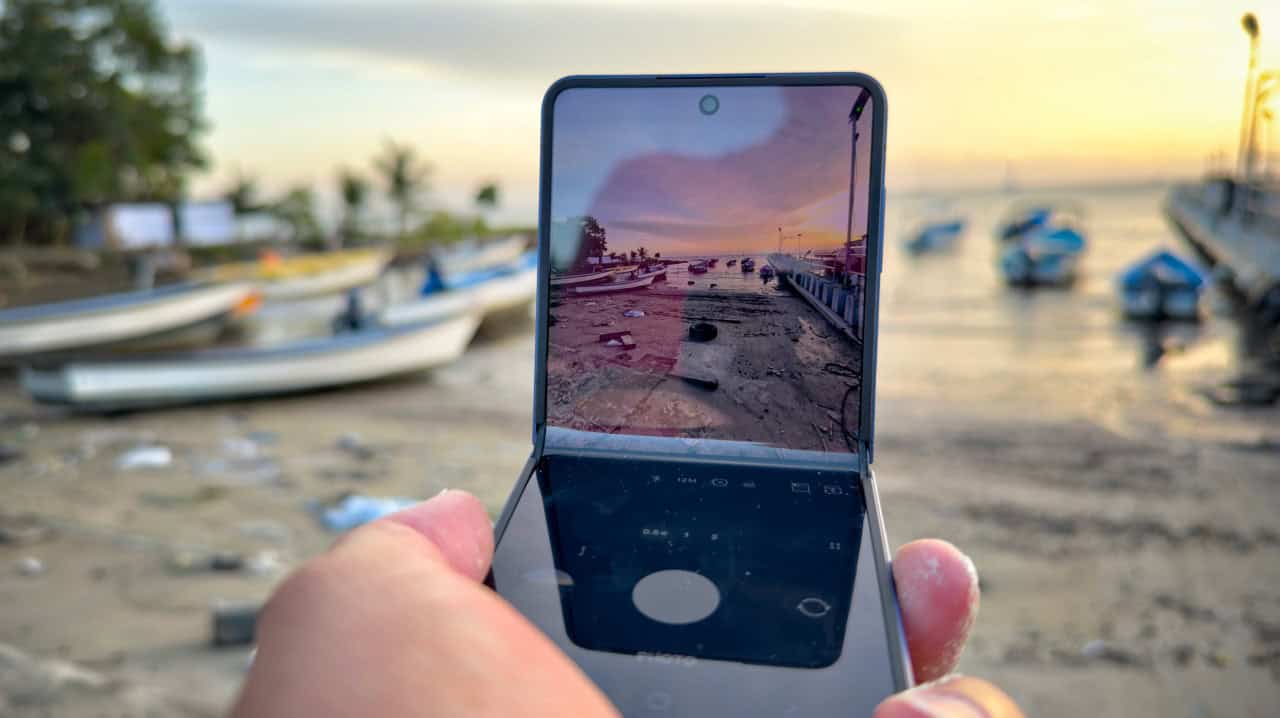



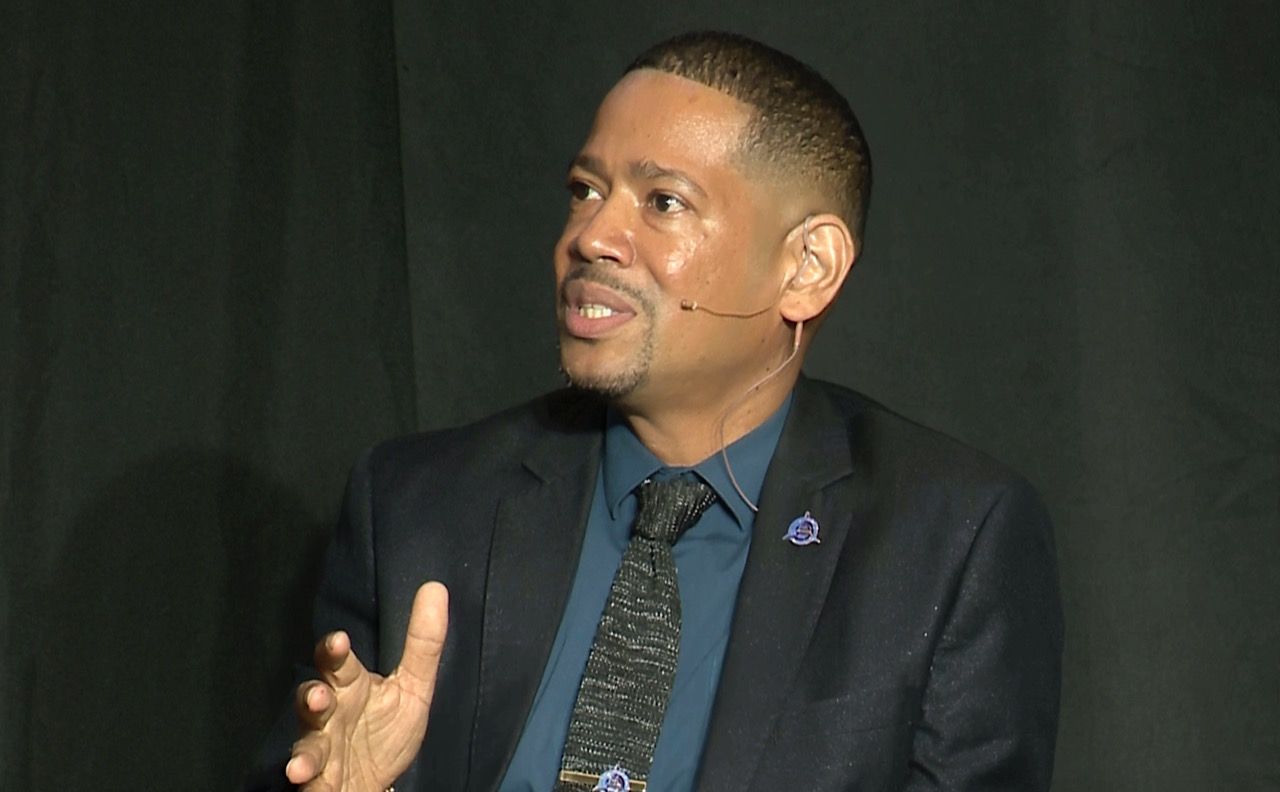
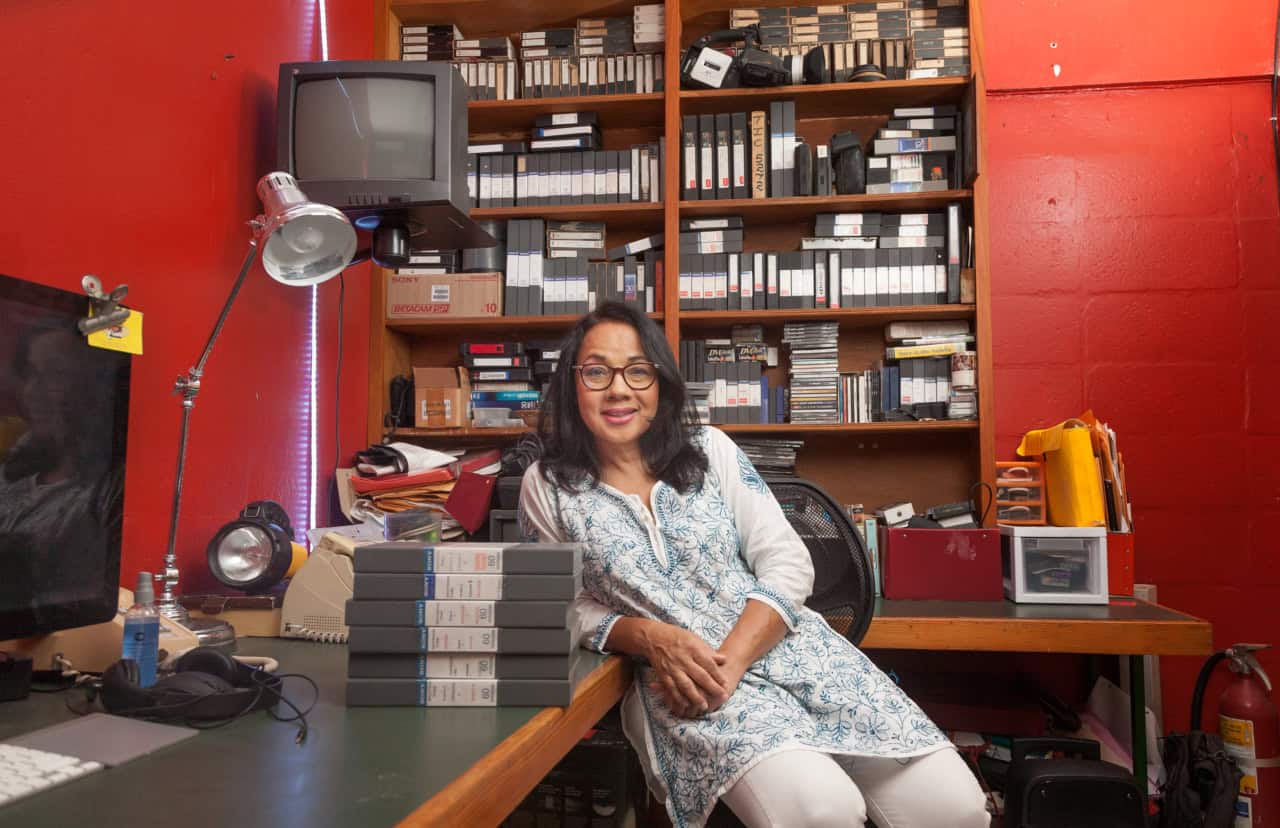
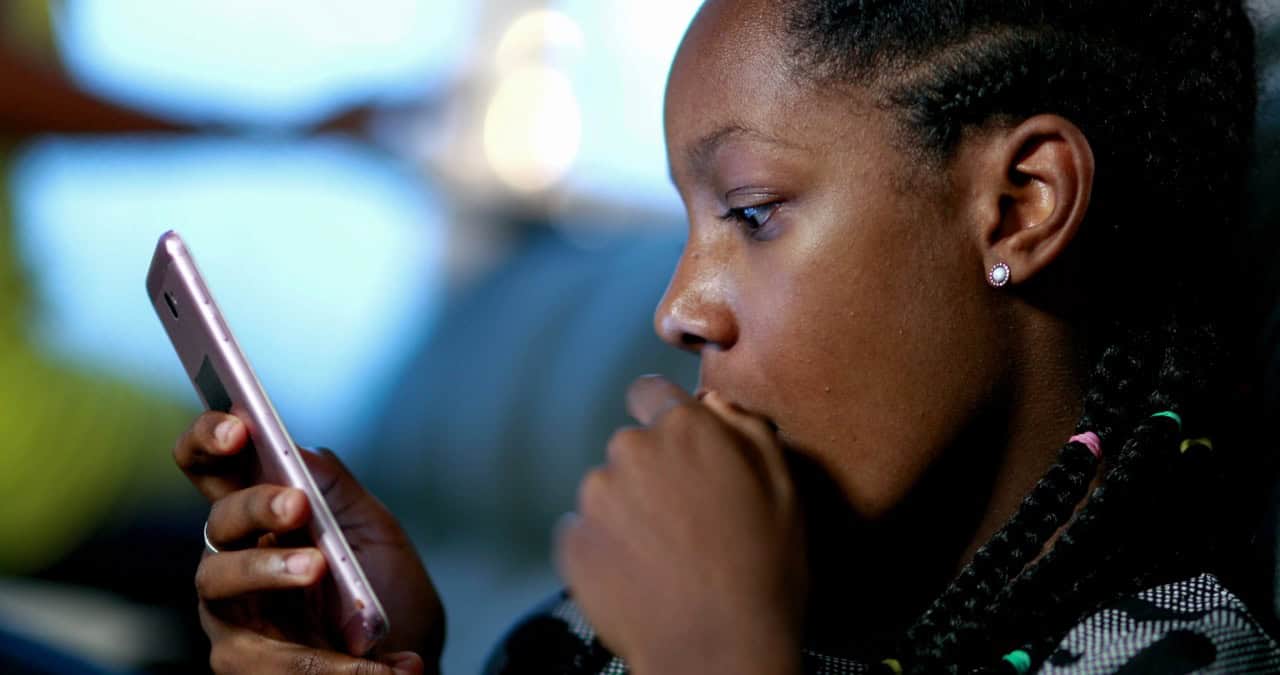
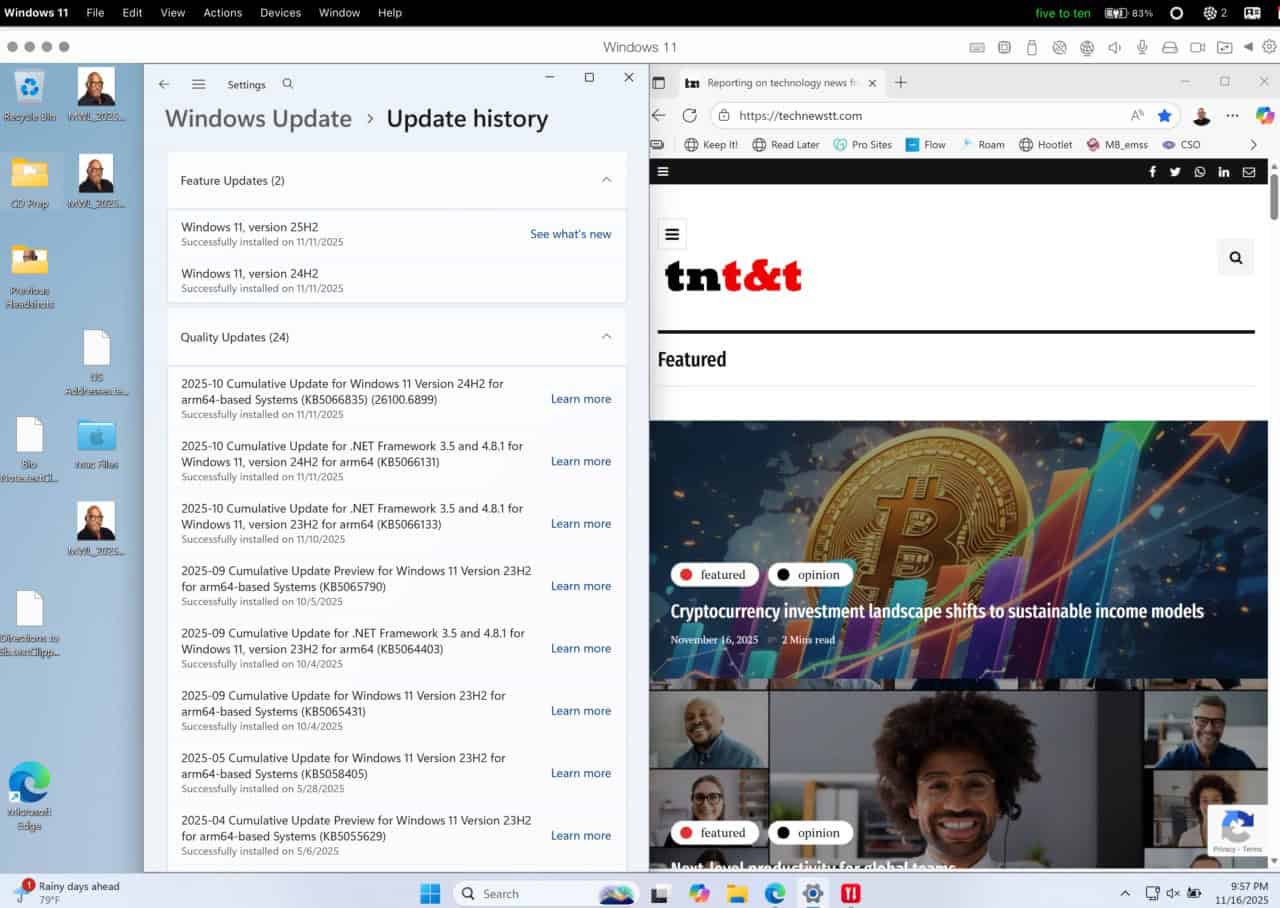


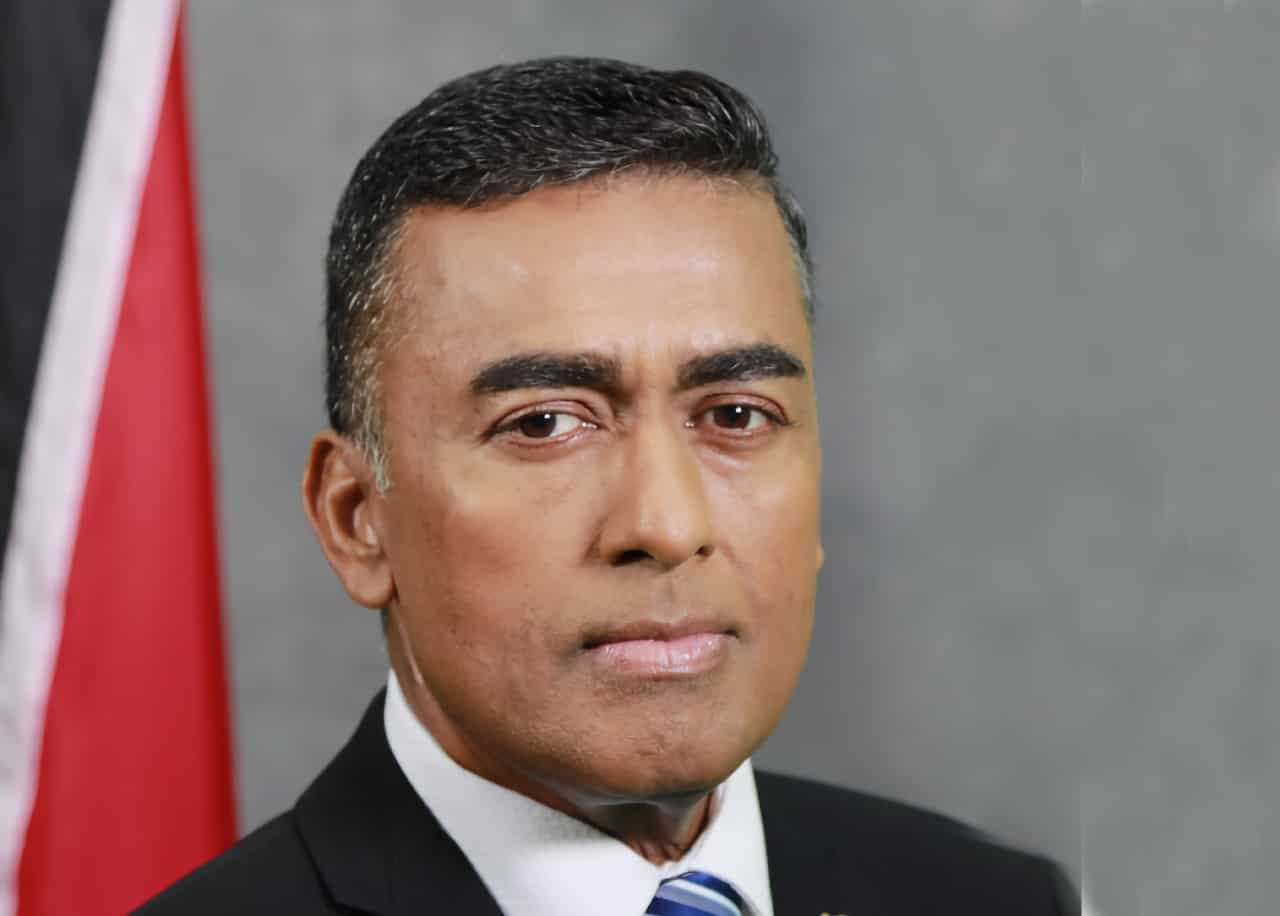




















Mark,
This is a very important paper. I have downloaded the original dissertation and have shared.
It raises significant questions about the media and the way they work or do not.
This is how persons, other than the TTPS, will manipulate the media to the detriment of our democracy.
Life in sweet T&T!
[…] Trinidad and Tobago – Earlier this year, former SBCS lecturer in media Abbigail Ajim successfully defended her thesis for a doctorate in philosophy at the University of Leicester… more […]